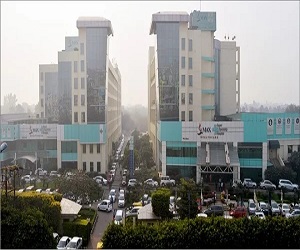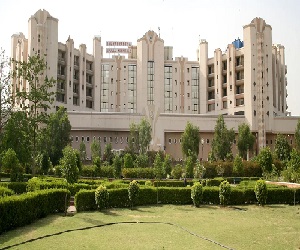A surgeon may recommend spine surgery to remove tumors. Initially, the surgeon will evaluate the cancer’s growth to determine if surgery is necessary. Tumors can be benign or malignant, so it’s crucial to consult a surgeon to understand the tumor type before proceeding with surgery. Additionally, identifying the exact location of the tumor is essential for achieving the best results.
Benefits of Spine Tumor Surgery
Now, you need to learn the benefits of spine tumor surgery which are:
- It stabilizes the spine, and you can get rid of any spine deformity. There are different stabilization methods, and a surgeon needs to choose the right one.
- Next, it helps reduce destruction; thus, your body restores strength and flexibility.
- Spine tumor surgery helps in removing benign as well as cancerous tumors, and it also helps in fusing the adjacent vertebrae.
Once you learn the benefits, you can find it easy to get ready for the surgery.
Who needs spine tumor surgery?
Understanding who needs spine tumor surgery is important. Initially, a surgeon may attempt non-invasive treatments to remove the tumor. If these treatments are ineffective, surgery will be recommended. Both patients with benign and malignant tumors may require treatment. Surgery can effectively eliminate primary tumors, allowing patients to lead a normal lifestyle.
How is the surgery done?
Spine tumor surgery involves specific procedures. Here you will get a brief view of the procedure the surgeons follow:
- Decompression is the procedure of removing the whole or some parts of the tumor.
- Embolization stops the blood supply to the tumor, and it shrinks naturally.
- Vertebroplasty or kyphoplasty is a procedure that involves minimal risk. It’s a non-invasive technique to rectify damaged vertebrae.
Recovery and Post-Surgery Care
Proper post-surgery care is essential for a speedy recovery. Typically, patients recover within 3-4 weeks after surgery. However, neurological recovery may require therapies that extend over 1-2 years. It’s crucial to care for the wound, keeping it dry and following any ointment prescribed by your surgeon to promote healing. Generally, you won’t need to cover the incision unless there is discharge.
Risks and Complications Post-Surgery
Spine surgery carries certain risks and potential complications. There is a risk of developing a severe infection post-surgery, for which the surgeon may prescribe medications to treat effectively. Additionally, some patients may experience discharge or bleeding at the incision site, necessitating direct consultation with their surgeon. It’s common to experience stiffness after surgery, which typically resolves with time. If stiffness persists, the surgeon may recommend physiotherapy to help restore flexibility and mobility.
Spine Tumor Surgery cost in India are as follow
| Treatment | Cost in USD | Stay in Hospital |
| Spine Tumor Surgery | 3500-4000 | 7-8 Days |
| Cervical Spine Surgery | 4000-4500 | 7-8 Days |
| Minimally Invasive Spine Surgery | 4000-5000 | 7-8 Days |
| Herniated Disc Surgery | 4000-5000 | 7-8 Days |
| Artificial Spine Lumbar Disc Replacement | 5500-6000 | 3-4 Days |












